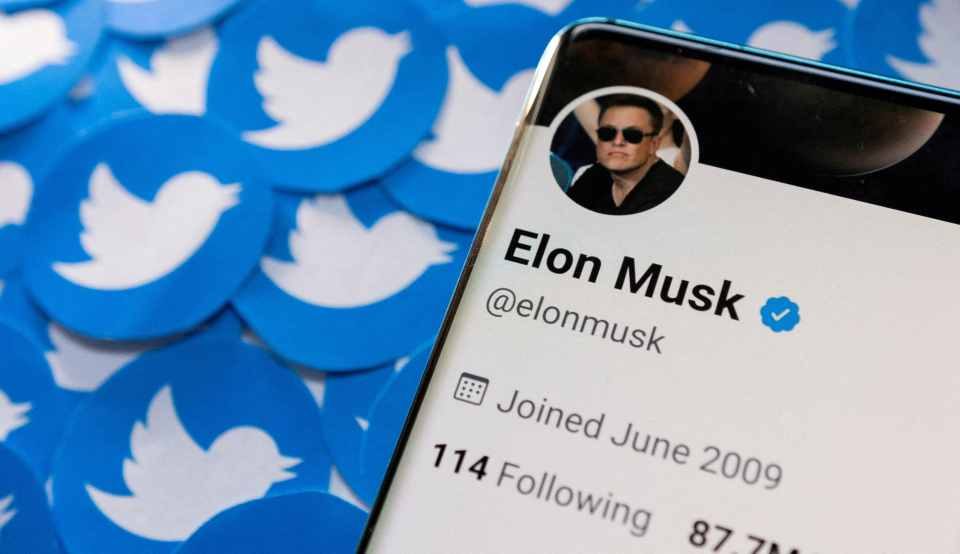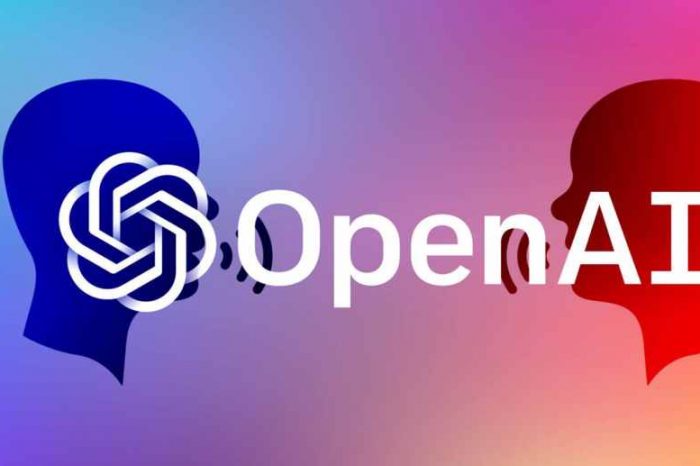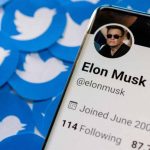How Elon Musk rate limit on Twitter exposes massive AI data scraping by the Censorship Industrial Complex

Over the weekend, Twitter owner Elon Musk imposed limits on the number of posts that users could read in what he described as a temporary move that targets “extreme levels of data scraping and system manipulation” by other companies and users.
To address Twitter’s massive data scraping problem, Musk introduced revised usage quotas that limit the number of posts users can read per day. In a tweet, Musk said that Twitter users with verified accounts have a daily limit of reading 6,000 posts, whereas those with unverified accounts are restricted to 600 posts per day. Furthermore, new unverified accounts are even more limited, with a cap of 300 posts per day.
“To address extreme levels of data scraping & system manipulation, we’ve applied the following temporary limits:
– Verified accounts are limited to reading 6000 posts/day
– Unverified accounts to 600 posts/day
– New unverified accounts to 300/day”
To address extreme levels of data scraping & system manipulation, we’ve applied the following temporary limits:
– Verified accounts are limited to reading 6000 posts/day
– Unverified accounts to 600 posts/day
– New unverified accounts to 300/day— Elon Musk (@elonmusk) July 1, 2023
Three hours later, the billionaire tweeted that the limits would be further raised to 10,000, 1,000, and 500, respectively.
Now to 10k, 1k & 0.5k
— Elon Musk (@elonmusk) July 1, 2023
But it didn’t take long before users piled on Musk for introducing the rate limits. “This is a terrible move by Musk. User engagement and interactions will drastically decline,” one Twitter user warned. “A social media that is trying to limit engagement is not a place that is welcoming its users … on that note bye,” another wrote.
DARPA Rattlesnake
However, while Musk’s goal was to limit “extreme levels of data scraping and system manipulation” by other companies, what he probably didn’t know is that he “has no idea the DARPA rattlesnake he just stepped on by doing this,” censorship expert Mike Benz and executive director of the Foundation for Freedom Online explained in a 9-minute video clip on Twitter.
Benz revealed that the U.S. Censorship Industry needs to “scrape hundreds of millions of tweets” in order to “build their social media censorship death star.”
Referencing the Defense Advanced Research Projects Agency (DARPA), a research and development agency of the United States Department of Defense responsible for the development of emerging technologies for use by the military, Benz commented on the new Twitter rate limit controversy “from the perspective of the censorship industry.”
“Wow. Musk has no idea the DARPA rattlesnake he just stepped on by this doing this… My take on @elonmusk’s new rate limit policy, from the lens of the censorship industry:”
Wow. Musk has no idea the DARPA rattlesnake he just stepped on by this doing this…
My take on @elonmusk’s new rate limit policy, from the lens of the censorship industry: https://t.co/AZ5SPIgHiz pic.twitter.com/Rw4KBZsT9O
— Mike Benz (@MikeBenzCyber) July 1, 2023
Benz went on to say that what Musk did has “wide-ranging implications for the science of censorship,” adding that “AI censorship is where all of the magic happens.”
Benz also explained that based on the information from Twitter files, it was revealed that the Federal Bureau of Investigation (FBI) had the potential to censor 22 tweets. However, the utilization of AI technology, including the Enterprise Intelligence Platform (EIP) and other censorship groups, enabled the censorship of a staggering 22 million tweets.
“It’s a completely different animal. You could not censor the internet before 2016 at the kind of scale that you do now because you have AI censorship models … There’s an AI censorship death star that has been under construction, innovation, and renovation every week, every month, every year, for the past six, seven years now,” he detailed. “It all relies on massive scraping of Twitter data in order to build these models and databases to track trending narratives, to systematically surveil and build intelligence dossiers, and to track and to turn down, all at once, communities online.”
He also stressed that these AI models “map real-time narrative emergence on Twitter in a way you can’t do on any other social media platform,” noting that they have been used by the Central Intelligence Agency (CIA), the state department, the defense department, hundreds of government-funded NGOs, centers, and non-profit foundations. He emphasized:
The Foundation for Freedom Online’s executive director further explained that in order to build their “social media censorship death star,” they need to scrape hundreds of millions of tweets.
Benz stressed that on the one hand what Musk is doing is “limiting the openness of the internet,” but on the other hand he is “actually, potentially preserving the openness of the internet by preventing the construction of this censorship death star that is getting more and more refined every day, and is getting funded by your tax dollars to the tune of tens of millions of dollars from DARPA, and the National Science Foundation, to say nothing about the state department and the National Endowment for Democracy grants.”
While Benz admitted he was not sure whether Musk is restricting Twitter views “to throttle the AI censorship death star” or whether he is doing it to “pump up the subscription base, or a privacy reason, independent of censorship,” he stressed:
“Whether Musk knows it or not, he has stepped on a rattlesnake … There are going to be hundreds of censorship operatives, housed within the university research centers, this week howling at the moon that this is an attack on democracy for Musk to limit their access.”
Benz concluded with this clarification: “If they lose access to the underlying data on which their AI censorship models are built, then they will not be able to do their jobs as effective, fast, precise, and comprehensive asocial media censors”
So what is your opinion on Musk’s decision to block the Censorship Industrial Complex from using AI to scrape data from his company? We would love to hear your thoughts on whether you think Musk made the right call. Feel free to share your perspective.

